The twilight of a titan: Narendra Modi’s moment to shape his legacy
Modi’s premiership, now in its third term, has been a masterclass in political alchemy.
.jpg) Narendra Modi / Facebook
Narendra Modi / Facebook
As the dawn of September nears, it casts a long shadow on a man who has towered over Indian politics for a decade.
Narendra Modi, India’s 14th Prime Minister, will turn 75 next month, a milestone that carries more than personal significance. In the intricate dance of power between the Bharatiya Janata Party (BJP) and its ideological fountainhead, the Rashtriya Swayamsevak Sangh (RSS), this birthday is a quiet drumbeat, signaling a question that hums through the corridors of Nagpur and the capitals of coalition politics: When does a leader step aside, and in doing so, secure their legacy?
The RSS, the spiritual and ideological anchor of the BJP, has long whispered an unwritten norm: at 75, leaders should gracefully yield the stage to younger blood. This tradition, invoked to retire titans like L.K. Advani and Murli Manohar Joshi, now looms over Modi, whose ascent from a pracharak in the RSS shakhas to the pinnacle of global statecraft is a saga of grit and vision.
Yet, as Mohan Bhagwat, the RSS sarsanghchalak, recently mused at a book launch, quoting the late Moropant Pingle, “When you turn 75, it means you should stop now and make way for others.” The words, delivered in Hindi amidst a Marathi speech, were no casual aside—they were a signal, subtle yet seismic, that the Sangh is watching.
Modi’s premiership, now in its third term, has been a masterclass in political alchemy. He has delivered on the RSS’s cherished dreams: the abrogation of Article 370, the consecration of the Ram Mandir, and a muscular stance against appeasement politics. These victories have cemented his place in the Sangh’s pantheon, yet they come at a time when his star, though still bright, shows signs of waning.
The 2024 elections, where the BJP fell short of a majority, forced Modi into the unfamiliar terrain of coalition politics, with Bihar’s Nitish Kumar and Andhra Pradesh’s Chandrababu Naidu holding the keys to his government’s survival. The BJP’s 240 MPs include roughly 190 loyal to the RSS’s ethos, but the 50 others—poached from rival parties—owe their allegiance to Modi’s personal charisma, a fact that both strengthens and complicates his position.
The RSS, for its part, is not a monolith content to be steered. Tensions have simmered, most notably over the BJP’s presidential succession. Since Modi’s rise in 2014, only two men—Amit Shah and J.P. Nadda—have held the party’s presidency, a stark contrast to the BJP’s historical churn of younger leaders.
The Sangh, wary of the Modi-Shah duopoly’s grip, has pushed for a “strong organizational leader” rather than a loyalist, a nudge toward reasserting its ideological sway. Bhagwat’s own 75th birthday, just six days before Modi’s, adds a layer of irony: will he step down to set a precedent, or will the Sangh soft-pedal its norms to avoid a confrontation?
Modi’s international standing, once a beacon of India’s rising clout, has faced headwinds. His “56-inch chest” diplomacy, which once rallied crowds, now contends with critiques of silence on Chinese border incursions and Pakistan’s provocations. The United States, under Donald Trump, has shown a troubling indifference to India’s security concerns, hosting Pakistan’s army chief while Modi’s global narrative frays.
At home, his popularity, though still formidable, is at its lowest ebb since 2014, with Bihar’s upcoming elections—a crucible for his coalition’s stability—looming as a litmus test.
Yet, it is precisely in this moment of vulnerability that Modi stands to gain the most by embracing the art of departure. Great leaders are not defined solely by their triumphs but by their ability to know when to step back, to plant the seeds for a future they have shaped but will not dominate.
Consider France’s Emmanuel Macron, who, faced with a fractured mandate, forged a national coalition of competence, drawing talent across party lines to stabilize his government. The RSS could, in theory, explore a similar path—nurturing a collegial leadership that blends Modi’s pragmatism with the Sangh’s ideological purity.
Names like Nitin Gadkari, Devendra Fadnavis, or even Yogi Adityanath, rooted in the RSS’s ethos, are already whispered as potential successors.
But Modi is no ordinary leader. His journey—from a so-called tea-seller’s son to a global statesman—has been defined by defying odds and rewriting rules.
His 2008 book Jyotipunj lauded Bhagwat’s father, Madhukar Rao, as a “Parasmani” who shaped another in his son, a testament to the deep bonds between Modi and the Sangh. Yet, Modi’s Gujarat years showed his knack for autonomy, keeping the RSS at arm’s length while advancing its goals.
Will he now bend to the Sangh’s nudge, or will he, as some speculate, aim for a grander stage—perhaps a presidential system by 2029?
The RSS faces a delicate calculus. Forcing Modi’s exit risks alienating his loyalists and fracturing the BJP’s electoral machine, especially with Bihar’s coalition dynamics at play. Yet, allowing him to bypass the 75-year norm could erode the Sangh’s moral authority, especially if Bhagwat himself steps down.
The opposition, ever quick to pounce, has already seized on this tension, with Congress’s Jairam Ramesh quipping about “one arrow, two targets.” Karnataka’s Siddaramaiah even suggested the BJP seize this “golden chance” to name a Dalit leader as Modi’s successor, a provocative jab at the party’s caste dynamics.
In the twilight of his 75th year, Modi stands at a crossroads. To step aside now, to anoint a successor with the Sangh’s blessing, would not diminish his legacy but burnish it. It would signal a leader secure in his achievements, wise enough to trust the system he has built, and bold enough to let history judge him not as an eternal ruler but as a visionary who knew when to pass the torch.
The RSS, too, must weigh whether to enforce its norms or preserve its most potent champion, a man who has delivered its ideological victories while commanding a nation’s imagination.
As September nears, India watches not just a birthday but a moment of truth. In the quiet spaces between Nagpur’s shakhas and Delhi’s power corridors, a leader’s legacy hangs in the balance.
To quit is not to fade but to define—to ensure that the flame of a movement, and a nation, burns brighter for the next generation. For Narendra Modi, the greatest victory may lie not in holding power, but in letting it go.
ADVERTISEMENT
ADVERTISEMENT
E Paper
Video



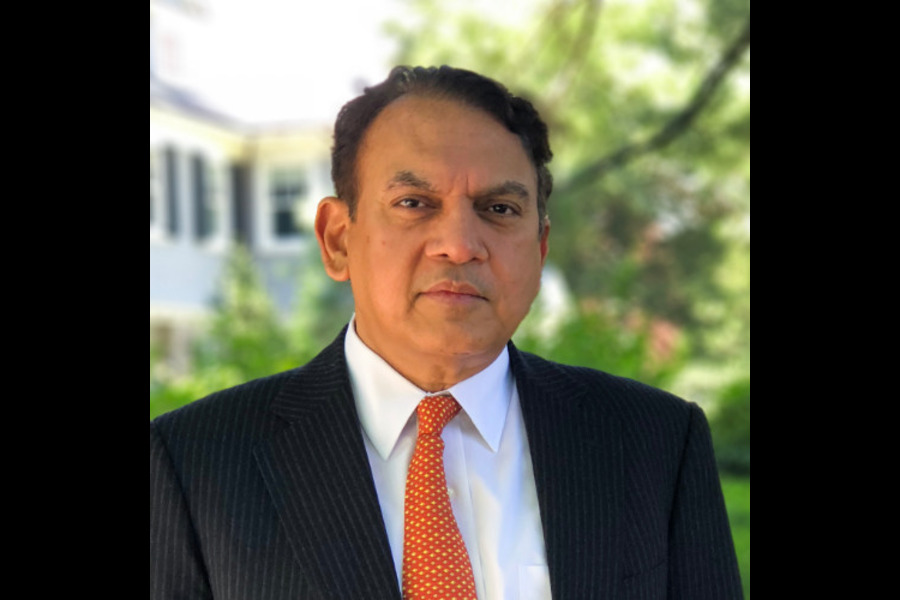 Satish Jha
Satish Jha
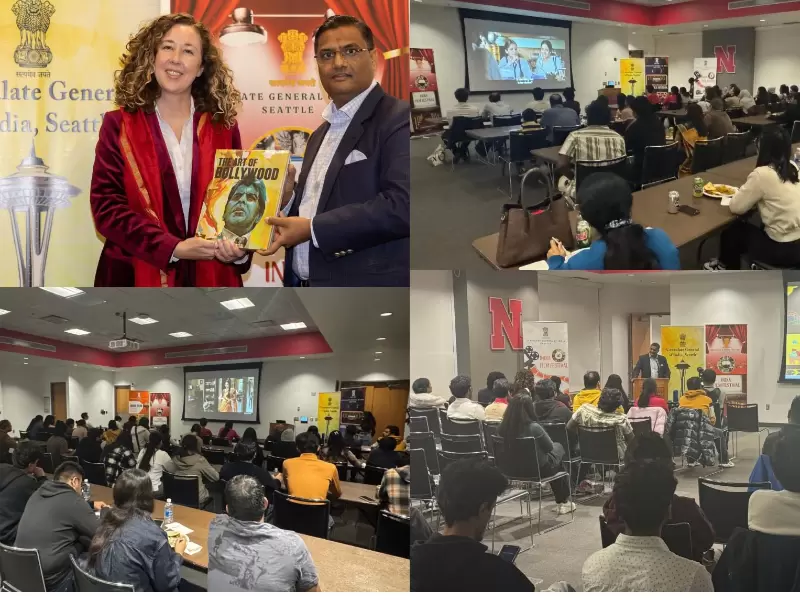

.jpg)
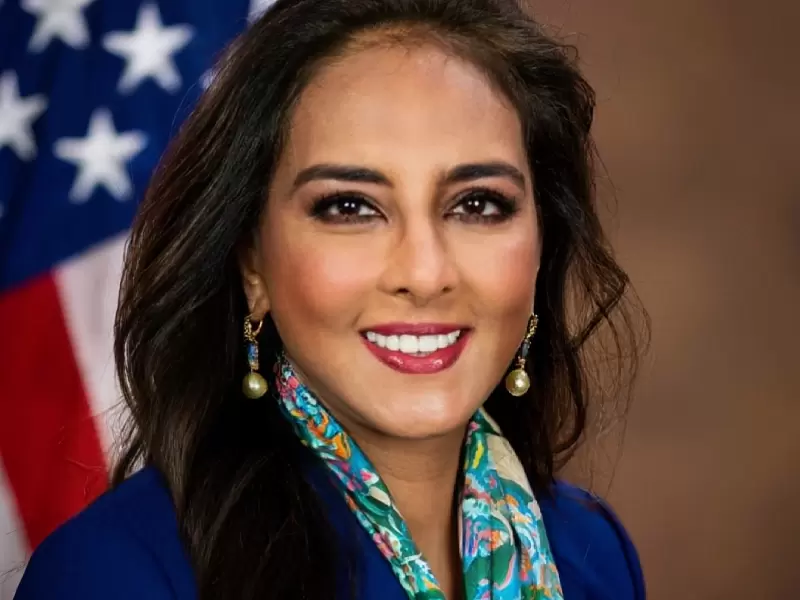



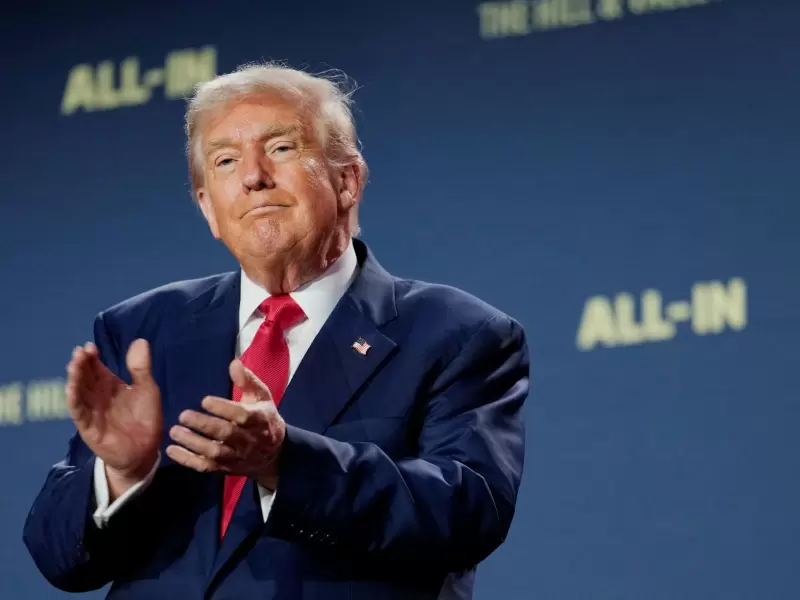


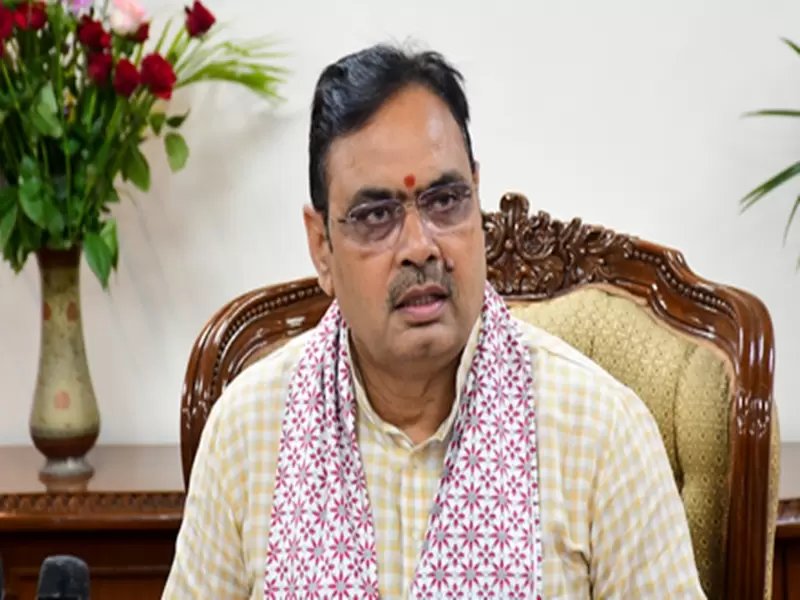

Comments
Start the conversation
Become a member of New India Abroad to start commenting.
Sign Up Now
Already have an account? Login